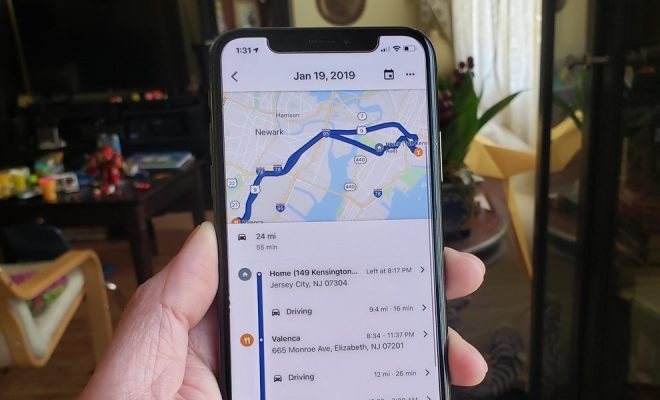9 Best Ways to Hide Your Identity Online

In today’s digital age, anonymity is a rare privilege. With our digital footprints growing exponentially, it’s becoming increasingly difficult to protect our privacy and hide our online identities. As our personal lives become more public, our electronic data is constantly shared and collected without our knowledge or consent. This can lead to issues such as identity theft, cyberstalking, and the misuse of private information. However, there are ways to protect yourself and maintain your online anonymity. Here are the 9 best ways to hide your identity online:
1. Use a virtual private network (VPN):
A VPN is a tool that encrypts your internet connection and routes your traffic through servers located in different parts of the world. It masks your IP address and makes it difficult for anyone to trace your online activity back to you. This is especially useful for online banking, shopping, and accessing geo-restricted content.
2. Use Tor:
Tor is a popular anonymity network that routes your internet traffic through a series of relays, making it difficult for anyone to track your online activity. It’s free and offers a high level of privacy and anonymity.
3. Use a privacy-focused browser:
Popular browsers such as Google Chrome, Safari, and Firefox collect a lot of user data, including browsing history, search queries, and online behavior. Alternatively, you can use privacy-focused browsers such as Tor Browser, Brave, or DuckDuckGo.
4. Use a disposable email address:
If you need to sign up for an online service or subscription, use a disposable email address. This is a temporary email address that is not tied to your personal information and can be used to receive verification or confirmation emails.
5. Use a pseudonym:
When creating online accounts, use a pseudonym or fake name instead of your real name. This helps to protect your identity and makes it difficult for anyone to track your online activity.
6. Use two-factor authentication:
Two-factor authentication adds an extra layer of security to your online accounts. It requires two forms of authentication, such as a password and a text message or email, before granting access to your account.
7. Use a password manager:
A password manager is a tool that helps you create and manage strong and unique passwords for all your online accounts. It’s essential to use a unique password for each account to prevent hackers from accessing all your accounts if one password is compromised.
8. Use encrypted messaging apps:
Encrypted messaging apps such as Signal and WhatsApp offer end-to-end encryption, which ensures that only the sender and receiver can read the messages. This is useful for sensitive conversations and ensures that your messages cannot be intercepted or read by anyone else.
9. Be aware of your online footprint:
Lastly, be aware of your online footprint and the information you share online. Avoid sharing sensitive information such as your home address, phone number, or social security number online. Be mindful of the information you share on social media and the privacy settings of your accounts.
In conclusion, maintaining online anonymity is becoming increasingly difficult, but it’s not impossible. By using the above techniques, you can protect your privacy and hide your online identity effectively. Remember, protecting your personal information is crucial in today’s digital age, and it’s up to you to take the necessary steps to safeguard your online privacy.






